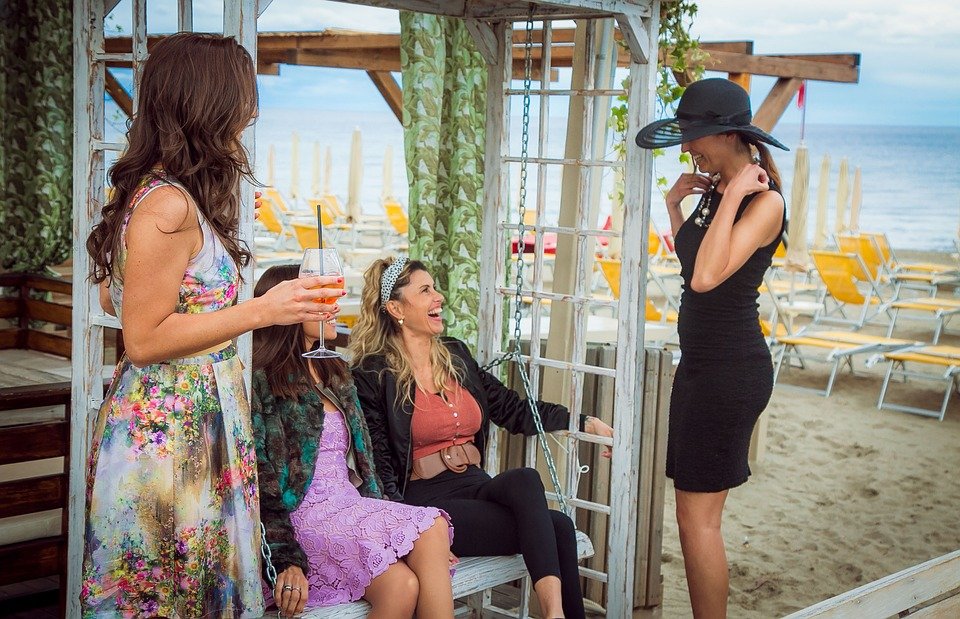[ad_1]
Unveiling the Evolution of Music Festivals in London: A Historical Journey
London is a city often associated with history, culture, and innovation. And when it comes to music festivals, this bustling metropolis has played a crucial role in shaping the landscape of live music events. From the early days of rock ‘n’ roll to the current techno-infused raves, London’s music festivals have evolved over the years, becoming an integral part of the city’s cultural fabric.
The story begins in the 1960s when London was at the forefront of a musical revolution. The Beatles had just burst onto the scene, and the swinging ’60s were in full swing. It was during this time that the concept of music festivals started to take form. In 1968, the first Isle of Wight Festival was organized, attracting around 10,000 attendees. This event paved the way for future festivals and set London on a course to become a hotbed of live music.
As the ’70s rolled around, London continued to embrace the festival scene, with new events popping up all over the city. One of the most memorable moments during this era was the legendary Knebworth Festival in 1974, featuring acts like The Rolling Stones and Todd Rundgren. The festival attracted over 200,000 fans and set a new standard for the scale of music events in London.
The ’80s and ’90s witnessed an explosion of music festivals in London, with genres diversifying and events becoming more accessible to wider audiences. One of the most notable festivals during this period was the Reading Festival, which began in the ’60s but reached new heights in the ’90s. Known for its rock and alternative music, the Reading Festival attracted fans from all over the country, leaving a lasting impact on the festival scene in London.
But it was during the early 2000s that London’s festival scene truly transformed. The rise of electronic music and the emergence of underground subcultures gave birth to iconic events like the Notting Hill Carnival, Lovebox, and South West Four. These festivals showcased a fusion of music genres and became synonymous with London’s diverse and vibrant music scene.
Fast forward to the present day, and London’s music festivals have adapted once again, reflecting the ever-changing tastes of music lovers. Contemporary festivals such as Wireless, British Summer Time, and All Points East have become the go-to events for mainstream genres like pop, hip-hop, and R&B. Simultaneously, the city continues to host a myriad of niche festivals celebrating specific genres, subcultures, and even eras, catering to a vast range of musical tastes.
What sets London’s music festivals apart is their ability to adapt and reinvent themselves. Each new generation brings forth its own musical tastes, and festival organizers have consistently risen to the challenge, incorporating diverse line-ups and cultivating unique experiences for attendees. These festivals not only provide a platform for established artists but also champion emerging talent, fostering a sense of community and nurturing the next generation of musicians.
In conclusion, London’s music festivals have come a long way since the humble beginnings of the Isle of Wight Festival. From the ’60s to the present day, these events have evolved, diversified, and redefined what it means to experience live music in the city. As London continues to be a global hub for music and culture, we can only imagine what the future holds for this dynamic and ever-evolving festival scene.
[ad_2]

